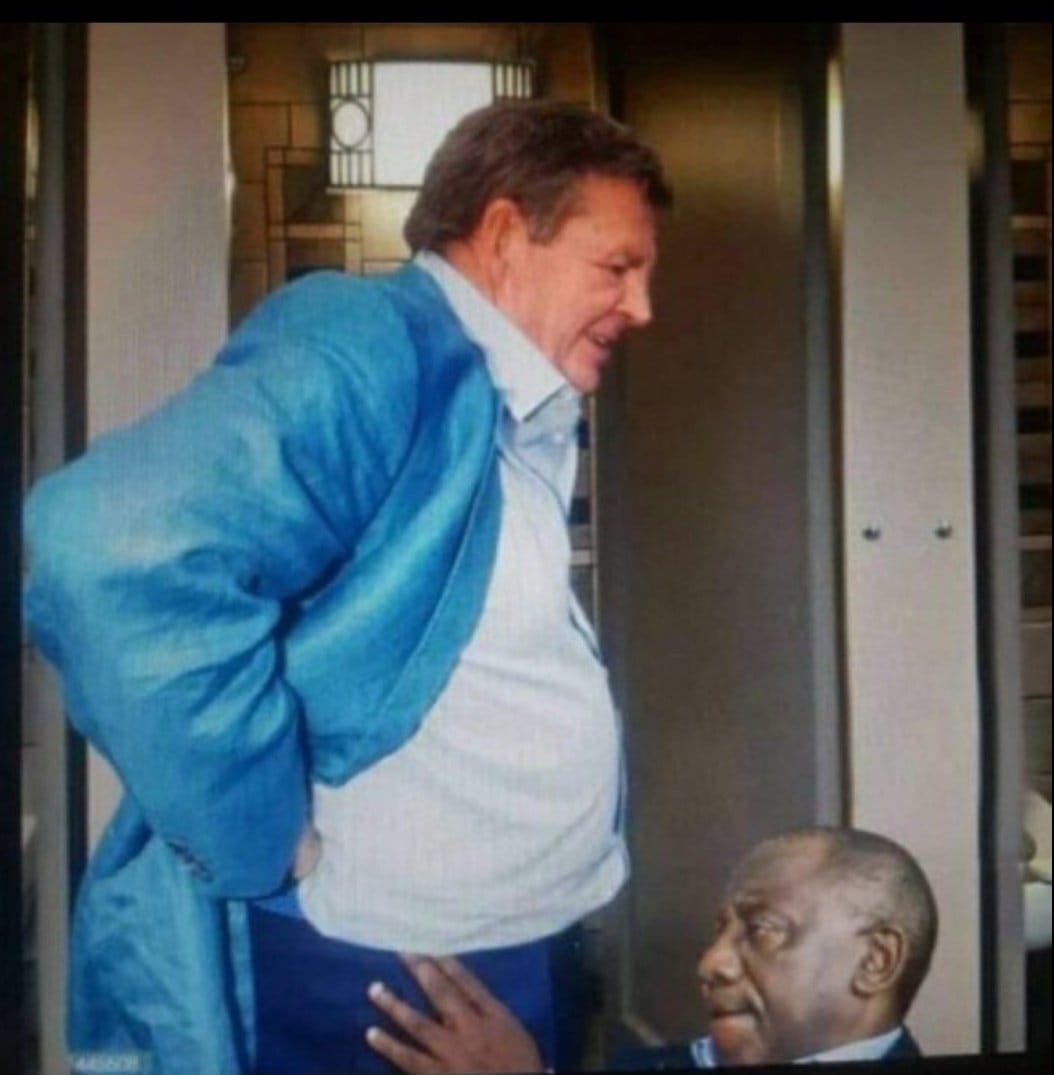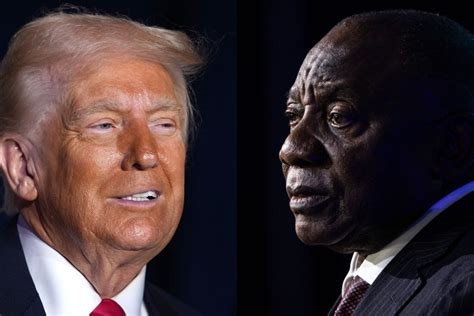Ah, the modern workplace. One moment you’re climbing the corporate ladder, the next you’re being immortalized in oil paint by an emotionally caffeinated artist named Sebastian Reeves for snogging your HR director on a Coldplay Kiss Cam. Welcome to late-stage …
Published by SkillsLink Academy’s Department of Animist Artificial Intelligence Integration (Totally Real and Absolutely Accredited) Dear Angell Deer, We read your poetic technoshamanic treatise with equal parts awe, concern… and just a byte of existential dread (pun fully intended). Your …
Remember July 16, 2025? At Coldplay’s gig in Foxborough, Massachusetts, Andy Byron—CEO of AI‑data unicorn Astronomer—and his HR head Kristin Cabot were spotlighted in an intimate moment on the Kiss-Cam. Their very awkward attempts to hide? Instant viral gold. Chris …
By Jonathan Wigley Let’s talk about sacred business. Yes, you heard right. Not business with a briefcase and Bluetooth headset, but business with prayer beads, beeswax candles, and probably an Oracle deck or two. You see, I recently received a …
By Jonathan Wigley – SLA News, 17 July 2025 1. The Political Earthquake at the Helm of SAPS On 13 July 2025, President Cyril Ramaphosa placed Police Minister Senzo Mchunu on immediate special leave, pending a judicial commission of inquiry. This followed …
Once upon a time, in 2012, a young adventurer with a questionable sense of direction and an even more questionable idea of romance decided to cycle across the Himalayas in search of… Osama bin Laden. (Spoiler alert: wrong country.) Let …
From government contractor to alleged crime syndicate kingpin Once an affluent government contractor, Matlala fell from grace amid a series of serious criminal allegations. As described by Independent Online, “Vusimuzi ‘Cat’ Matlala… once a wealthy government contractor, is now at the …
Abstract:This article examines the socio-political implications of a widely circulated photograph depicting South African President Cyril Ramaphosa with businessman Johann Rupert, focusing on interpretations related to Illuminati symbolism. By contextualizing the image within historical conspiracy theories and current geopolitical dynamics, …
Abstract: This article provides a comprehensive analysis of the anticipated meeting between U.S. President Donald Trump and South African President Cyril Ramaphosa on May 21, 2025. Amid escalating tensions over land reform policies, racial equity mandates, and foreign aid reductions, …
The ethics of humanity’s potential transition into a multi-planetary species raise profound questions, especially given unresolved terrestrial issues. As we contemplate settling other planets within our solar system, we must consider whether we might perpetuate the inequalities, injustices, and systemic …










